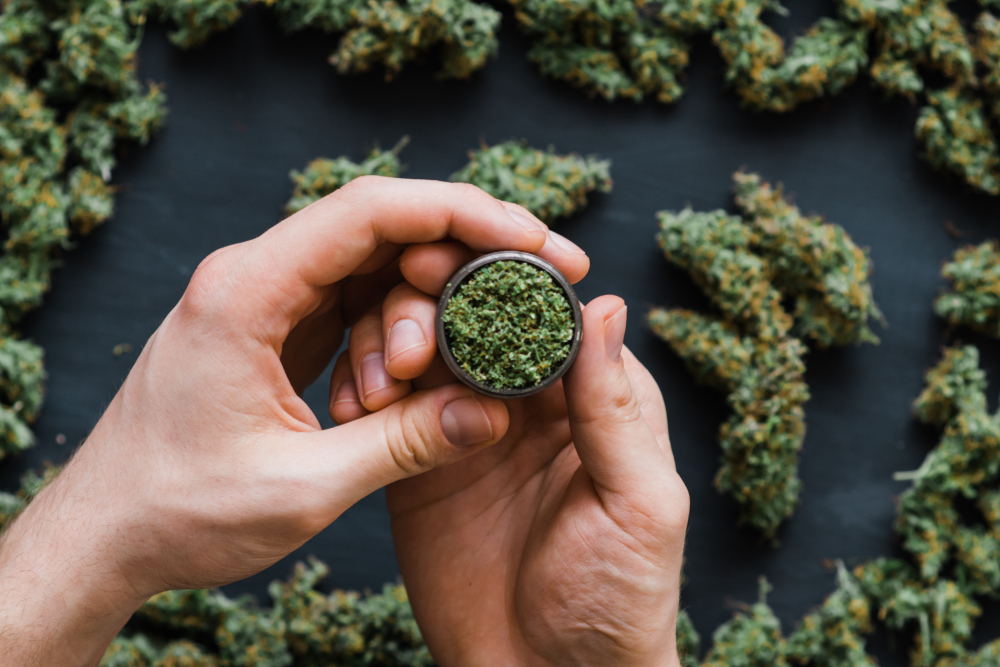
Health Canada is changing its process for issuing cannabis licences, in a bid to reduce wait times, after a review found a “significant amount” of its resources was used to approve numerous applications for facilities that have yet to materialize years later.
Effective immediately, new applicants for licences to cultivate, process or sell cannabis — for either medical or recreational purposes — must now have a fully built site that meets the regulations when they submit their application, the government agency said.
Prior to this, cannabis licence applicants could submit an application with their plans and get approval before building.
“Health Canada is implementing these adjustments following a review of its current licensing process… A significant amount of resources are being used to review applications from entities that are not ready to begin operations, contributing to wait times for more mature applications and an inefficient allocation of resources,” it said in a statement Wednesday.
The agency said, for example, more than 70 per cent of licensing applicants that passed its initial paper-based review over the past three years have yet to submit the required evidence to demonstrate they have built a facility that meets the regulatory requirements.
“The new approach responds to feedback from applicants about the time it can take to become licensed and the fact that there is now a larger number of applicants seeking to enter a growing and maturing legal market,” Health Canada said.
The change comes as cannabis retailers across the country continue to face supply challenges, more than six months after Canada legalized pot for recreational use. Health Canada has said that the issue is not supply, but rather the supply chain and difficulties converting raw product into packaged goods and into the hands of consumers.
Government retailers say the supply situation has improved in recent weeks but it remains constrained, and some have sought out additional supply deals with new licensed producers as they are approved.
Health Canada appears to be prioritizing licensing applicants, which is a “rational” thing to do, said Aurora Cannabis’ chief corporate officer Cam Battley.
“It is good for patients and consumers, and I think it is likely to be beneficial to companies that have demonstrated professionalism, access to capital and an ability to comply with rigorous regulations,” he said.
Health Canada’s initial paper-based review could, at times, take several months and focusing instead on facilities that are already built may help speed up the overall process, said Matt Maurer, a cannabis lawyer with Torkin Manes.
It should also ease the licensing bottleneck, he added.
“We have a supply shortage and people are dumping on the federal government, rightly or wrongly, for not licensing fast enough… If they think they can expedite that by changing the process, I think that will help,” he said.
However, for new applicants, the “playing field has just shifted,” he added.
“Now the onus is on you to raise that money earlier in the process… and getting it right so that when you build it, its going to get licensed,” he said.
The process of receiving an approval before building a facility made sense in past years, when the regime was relatively new, said Sara Zborovski, a cannabis lawyer with Norton Rose Fulbright.
But now, with a track record of applicants who have gotten the green light over the years, the expectations are clearer, she added.
Although applicants will need to raise capital and build their facilities first, the risk of not getting approved at that stage is lower, Zborovski said.
“We have a much better sense of what you need to put in your application to get it approved,” she said.
Health Canada says the change announced Wednesday builds on adjustments it made in 2017 and 2018. It adds that since May 2017, the regulator has licensed more than 129 new sites, which is nearly triple the number of sites licensed in the four years prior.
It says there are now more than 600,000 square metres of space under active cultivation, which it estimates based on industry averages, is enough to produce approximately 1 million kilograms of cannabis per year.
As for existing applicants in the queue, Health Canada says it will complete a “high-level” review of their applications and provide a status update, but a detailed review will commence once a site that meets the regulatory requirements has been built.